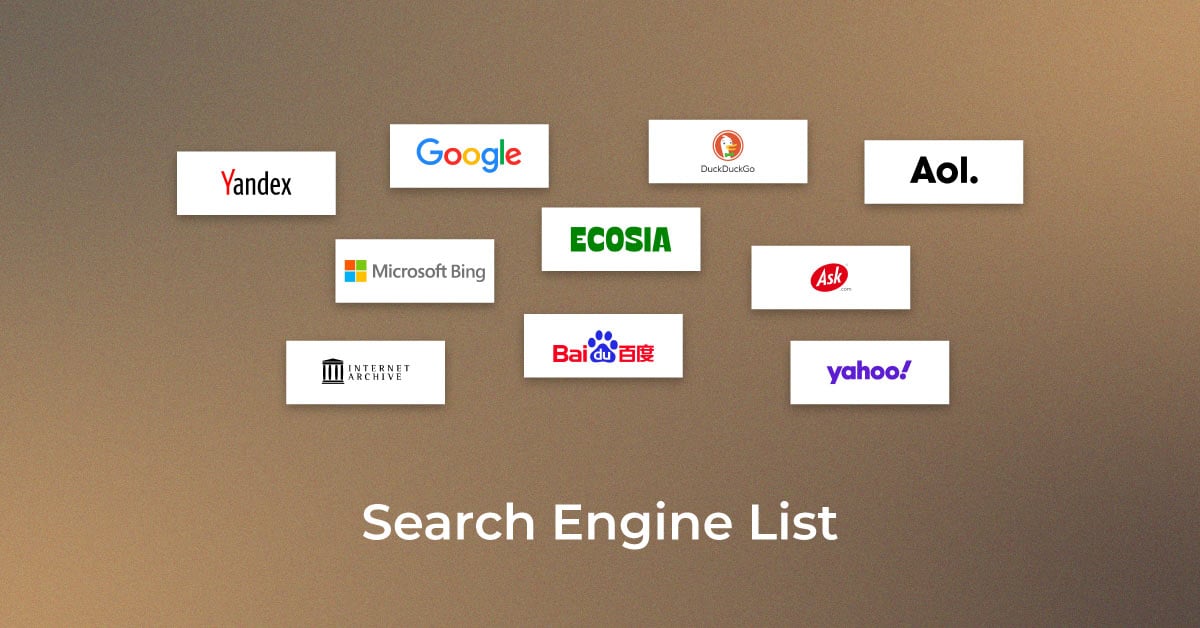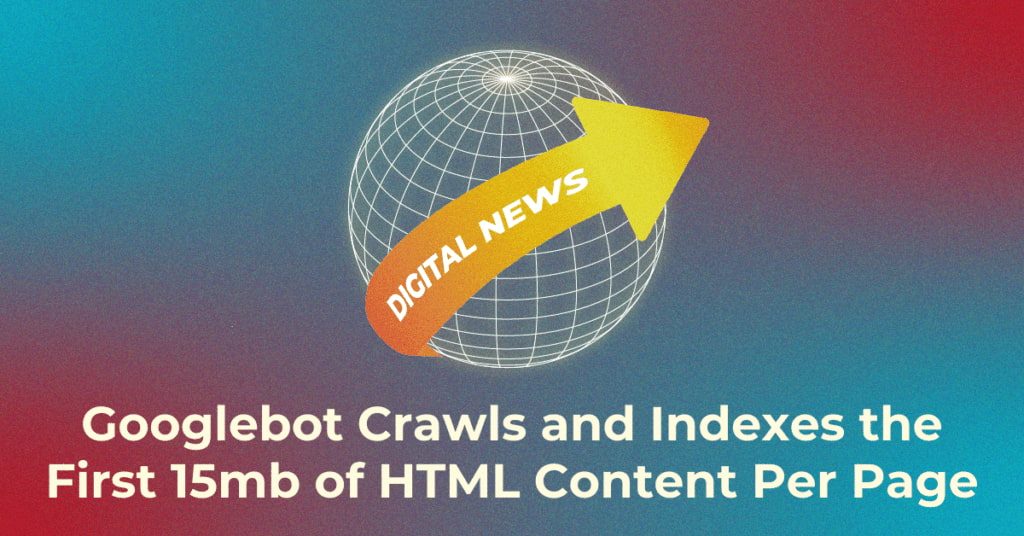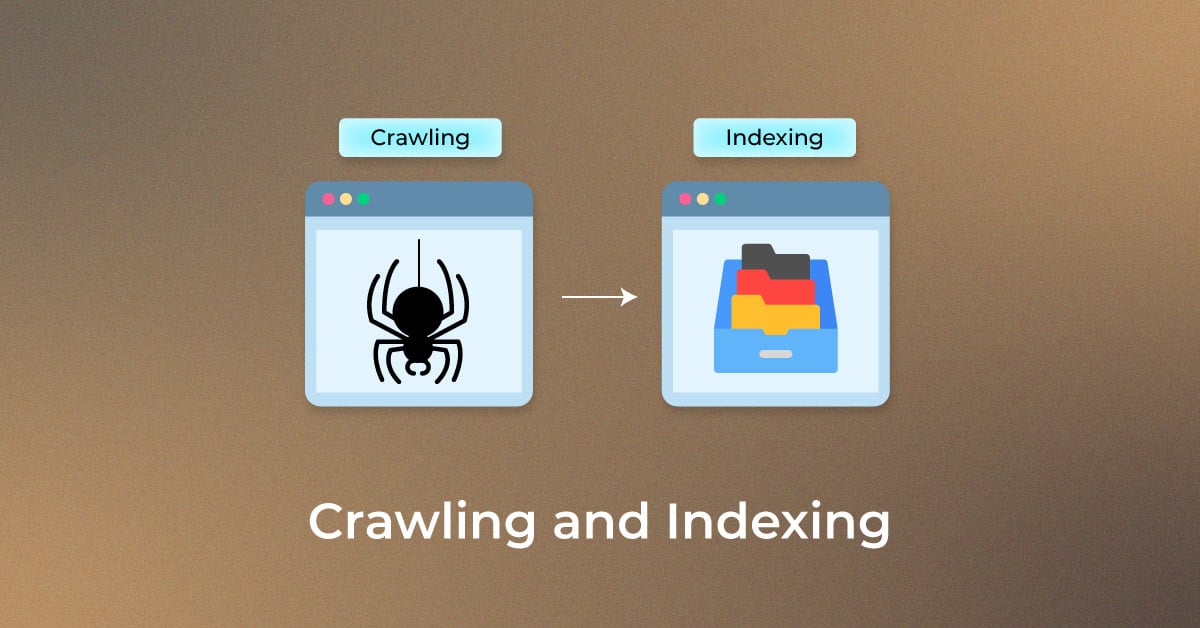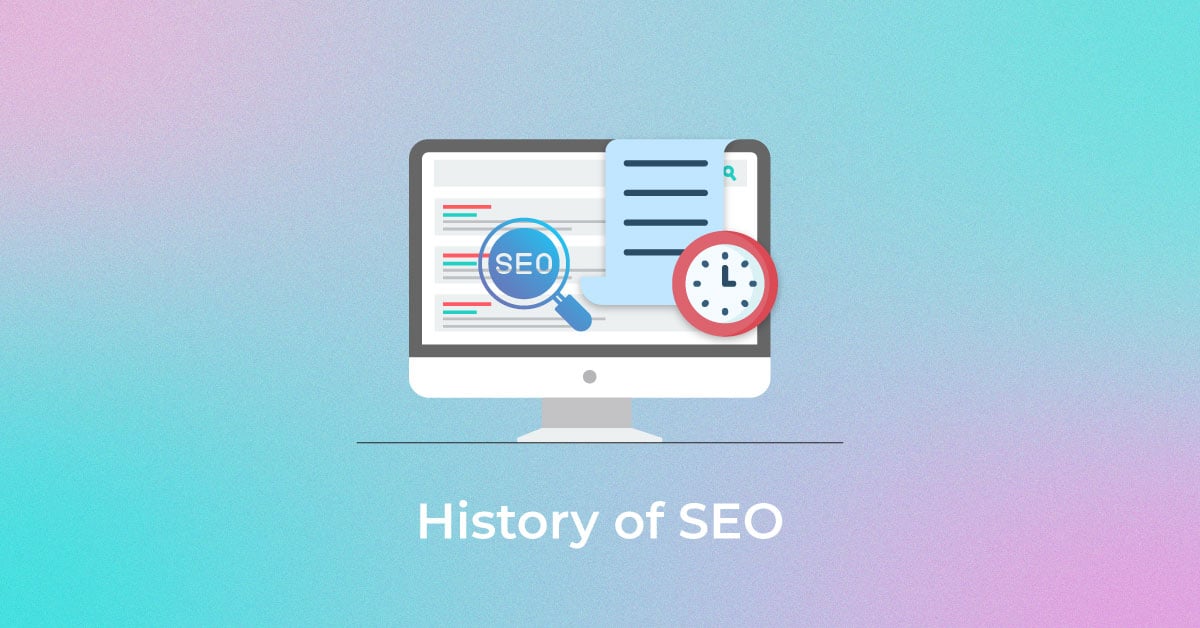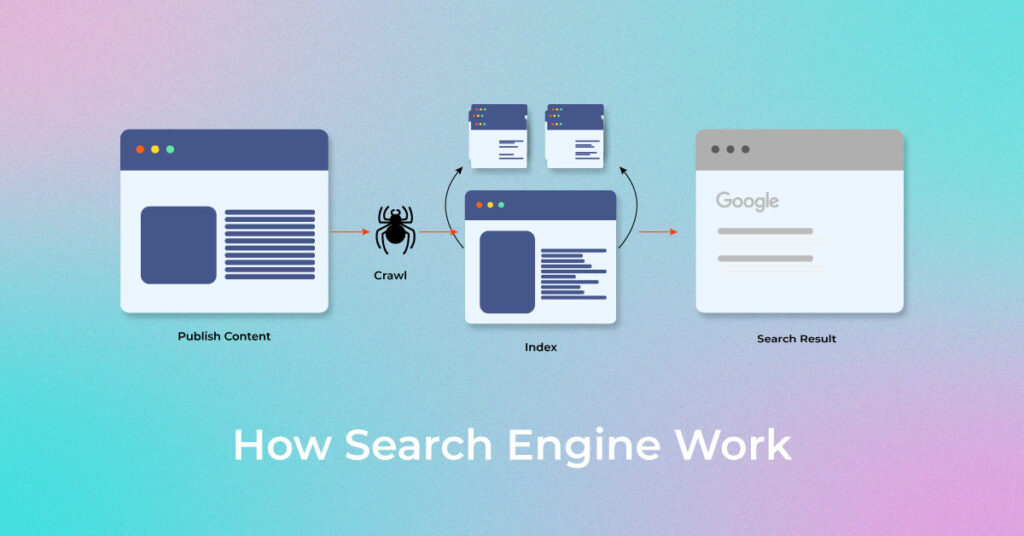What are Search Engines?
A search engine is like a journal for the internet. Think of it as a local paperback phonebook with all the numbers of the people living in your town, but it comprises every little information you can think of.
The interlinked mechanisms that make a search engine work are responsible for all the results you get. Identifying every single search query and presenting the users with the most suitable results is no small deed. So, how do search engines perform such a complicated task within seconds? Let’s find out exactly how search engines work.
Also Read
What is the Use of Search Engine Algorithms?
Search engine algorithms work intensively on analyzing the search index and finding the most relevant and high-quality results for the users’ search queries.
If you’re wondering how Google search works, algorithms are what makes it happen. For each search query, the job of a search engine is to explore Google’s entire search index and find the most relevant indexed web pages that can provide the desired results for the user.
The user then clicks on one of the results presented. This action is recorded by these algorithms along with the remaining activities performed by the users after clicking on the result page. This recording is then fed into the future learning of the search engine algorithms, which helps them in better deciding the best rankings to give to a webpage/website.
How do Search Engines Work?
Matching all the terms a user enters on a search bar and presenting results relevant to the search query can seem like a huge task. To understand how this works, let us take a quick look into the elements that make everything happen:
Search Index –
This is a digital library of all the information gathered by search engines through a process called crawling. It is from this library that search engines find the results to display to the users.
Search Algorithms –
These are intrinsically crafted programs that not only match the search queries within the search index, but also rank the results based on various ranking factors.
The three key processes that make search engines work within these processes are Crawling, Indexing, and Ranking. Let us dive into what these are, and how they help search engines in giving the users the most relevant results.
1. Crawling
Like with any process, search engines have to begin with discovering. Discovering what exactly? New content.
Search engines utilize crawlers or spiders for this process. Crawlers are robots that find new content or any updates in existing content on the web. The content crawlers discover can be an image or PDF or even a webpage. Regardless of the type of content, it is discovered by crawlers through links.
Google refers to its crawlers as Googlebot. These bots start off by compiling a list of a few websites or web pages. Then follows all the links within those web pages for finding new URLs to discover new content and URLs. All of these newly discovered links are then added to its index.
2. Indexing
As the crawlers discover new links, they keep adding them to their index. This is a massive library of all the discovered URLs. These URLs are retrieved by the search engines whenever a user searches for any term and presents them with the URLs that are a good match.
3. Ranking
This process is the culmination of crawling and indexing coupled with search engine algorithms performing various tasks including assessing webpages in the search index with ranking factors. Search engines scour through the relevant links in their search index to present the best results to the users. Ordering all these links based on these factors is called ranking.
If you see a result for any search query on the top, you can easily take away the fact that the search engine believes that result is more relevant than the other results.There are many other processes involved in ranking. You can instruct search engine bots from crawling through the pages you might not want to rank, in which case they won’t be indexed, and therefore, not rank. So, if you want your pages to be ranked, you must ensure that they can be crawled and are indexed by search engines in order to appear as results. The rest is search engine optimization to improve the rankings of your pages.
How Do Search Engines Rank Pages?
-
Page Relevance for a Search Query
It is crucial that the relevance of any webpage be correctly determined for search queries to provide desired results to the users. Google uses many ways to determine the relevance of pages.
Looking for keywords in the search query is the most basic step for determining the relevance on a page. However, it goes way beyond this.
For instance, Google uses comprehensively collected interaction data, for determining if the search results would be related to the search query. Simply put, are the users finding the results on SERPs useful?
A simple example of how this works is if you type “windows” on Google, the top results will be about the software and not actual windows. Google’s algorithms know from their collection of interaction data that a majority of users with “windows” as a search query are looking for content related to the software and not actual windows.
Google also uses Knowledge Graph, which assesses the relationships between search queries, and entities like locations, people, and more. Knowledge Graph is a colossal knowledge base of these entities and how they are related. For the search item “windows”, Google will use this technology to connect the dots and separate websites that have windows (product) and Windows (software). This helps Google in going above and beyond in nailing the page relevance.
Google also takes it further by displaying search results that might not have important keywords on their page from the search query. For example, if your search query is “computer app installation”, then some results might not contain the mentioned word “computer” on their pages. However, after crawling these pages, Google will have determined that these pages have relevant content related to FAQs, assistance, or even products that might be helpful for the search query.
-
Proper On-page Elements
On-page elements are very important in the eyes of search engine algorithms. There are many, and each is individually assessed on their strengths. The most important on-page elements that factor into ranking are:
- Title and Meta Description – Both title and meta description serve the purpose of representing your webpage on search engines results page. They give the search engine bots information about your webpage to help them identify what type of content is present on the said page. They also function to concisely tell the users what the page is about to urge them to click on the link.
- SEO-Friendly Design – Your web pages’ designs should be simple, clear, and easily accessible for users and search engine bots alike. The on-page usability should be seamless, and the web pages should be accessible from any device (laptops, tablets, smartphones, etc).
-
Content is Important
The relevance of your webpage depends on how good and useful your content is. Content is not only important for offering value to your users but also packing in enough SEO-friendly material for search engines to rank your page higher. For instance, internal and external links that are organically used in content can send positive signals to search engine algorithms about the validity of your content. Moreover, keywords, backlinks, titles, subheadings, etc., all play a role in increasing your SERP rankings.
From a user’s perspective, if the content is not offering them any value or engagement, then the relevance of the webpage would start dipping. You need to make content that is easily digestible to your target audience to increase your domain authority. Hence, it is imperative that your content is user-friendly, SEO optimized, and offers value to the readers.
-
Backlinks from Authoritative Pages
Content and links are both very high on the list of ranking factors of Google. Google uses PageRank, which assesses the quantity and quality of the backlinks that point to a webpage.
But make no mistake. Quantity is not the primary thing that matters here. Backlinks from different pages hold a lot of value. If your website has some high-quality backlinks from authoritative websites, you might rank higher than your competition with many low-quality backlinks.
There are 5 primary elements that make a backlink good:
- Link authority
- Relevance
- Placement
- Anchor text
- Destination
Link authority and relevance are the two most important elements in making a backlink good.
If your page has backlinks from authoritative domains, it will make the most significant impact in making a good backlink. Authoritative domains in the eyes of search engines are the ones with many “votes” and relevant information on the topic. To find out the authority of a website, you can check its Domain Rating (DR), and URL Rating. Both of these ratings range from 0-100 on Ahrefs.
Similarly, if your website has backlinks from relevant websites, they will be considered high-quality by search engines. Google sees it this way – If your website has a backlink on prominent websites with high relevance in the subject matter, then it sends a positive signal to the search engine that information on your pages is of high quality. This works the same way as it does with humans in real life. You would prefer to trust the recommendation of a good veterinarian clinic from your vet friend rather than your chef friend. But if you wanted a recommendation of a good restaurant, you would prefer the advice of the latter.
If your backlinks cover both of these grounds, search engines like Google will automatically record your pages as containing high-quality and relevant information, and thus, rank your pages higher. Moreover, if your website also offers backlinks to good quality websites, that will also work in your favor by increasing your website’s domain authority and improving its rankings.
-
Page Speed Matters
In today’s age of fast internet speeds, no one likes to wait more than 3-4 seconds for a website to load. Search engines know this too and closely monitor the page loading speeds.
For instance, 37% of the users will close your website if it takes more than 5 seconds to load. Your pages must be optimized for speed so they don’t take too long to load to avoid users bouncing. Just reducing a few milliseconds from page loading speed can take you a long way in this.
PageSpeed Insights is a great tool that you can use to check the loading speed of your pages and get valuable insights on what can be optimized to reduce the loading time.
Core Web Vitals are made up of metrics that assess visual stability, loading performance, and the website’s interactivity with users. Google started considering Core Web Vitals as a ranking signal from June 2021.
-
Mobile-friendliness of the Website
Over 65% of searches on Google are done on mobile devices. Since 2019, Google has started mobile-first indexing for all websites. Hence, the mobile-friendliness of a website has become one of the top-ranking factors. To check your website’s mobile-friendliness, you can use the Mobile-Friendly Test tool from Google or generate Mobile Usability reports from GSC.
-
Discovering Intent
To show users the results they need, search engines need to understand the “intent” behind the search. For this, search engine algorithms utilize very sophisticated models for understanding the language behind the terms. This helps search engines in breaking down the terms, and understanding the intent behind them.
Keywords are also used to get a holistic view of the broad categories the users might be looking for. For instance, if you search for “sports shoes”, the results might be a mixture of product pages and information pages. But if you search for “buy sports shoes”, the engine will only show you product pages. This process helps search engines in ranking pages.
-
Matching Results with Intent
As the search engine finds the intent, the next task is finding matching results from its index. But it doesn’t just display the matching results. It assesses these results first based on various factors to rank them, such as:
- Relevance
- Type of content
- Quality of content
- Popularity of website
- Freshness of the content
- Domain authority of site/content
How Search Engines Personalize Results?
Ranking is just one of the processes that make results so refined in search engines. Personalizing results is the main course of action for search engines after all these processes. There are many factors that can play into personalizing results. The three primary factors that are at the top of the list are:
1. Location –
Your location can influence the results you see by a big margin. For instance, a search query like “cosmetic shops near me” will yield very location-centric results. However, a more broad search query like “cricket” will probably show you local cricket teams or tournaments in your state or country.
2. Search Settings –
There are many settings you can tweak in your search engines, which will influence the results you see as well. For instance, preferred language is one of the settings responsible for very personalized results. Another example is “Safe Search”, which will only yield non-explicit content for you if you turn it on.
3. Search History –
Your search history can also help search engines in presenting more personalized results for you. For instance, if you previously searched for “women’s clothing”, you will most likely see results for jeans at the top, if you search for “women’s clothing” again in the future.
How do Search Engines Answer Queries?
-
Search History of the User
The search history of the users is often stored on their devices in the form of cookies. Hence, the most simple way to display personalized results for the users is to rank a previously clicked link higher the next time users perform the same search query. This practice is quite common and comes in effect if you have visited a page many times.
-
Device of the User
If your website is optimized for a particular type of device, it might rank higher for a search query conducted on that device. A simple example is a page optimized for Android devices would rank higher on them compared to an iOS device.
-
Location of the User
If your searches are considered local by Google, the search engine will show the most relevant local results. For instance, if you search for “Mexican restaurants”, then Google will show the local Mexican restaurants’ map listing.
Using your location to show personalized results is the most effective way to offer valuable links to the users. If you scroll down from the map listings on SERPs, you will also find top-ranking personalized results from review websites like TripAdvisor or Zomato for the same search query.
-
Language of the User
To make the results even more personalized and helpful, Google shows you results in your preferred language. So, if you search for “YouTube tutorial” in Spanish, then Google will rank the result with the Spanish language higher.
If your website has the same pages in multiple languages, you need to tell it to Google by using the hreflang, which is an HTML attribute. This attribute lets Google know that one of your pages has multiple versions in different languages, which helps the search engine in displaying it based on the user’s language.
-
Google Products
If your search query has a particular product in it, then Google will display the relevant products at the top of SERPs. For instance, if you search for “t-shirts for women”, then the SERP will display the products with their prices from different websites on the top.
Time to Get Your Website Ranked
Now that you have taken the first step in learning how search engines work, it’s time to put this knowledge to use for ranking your website higher. Enlist the help of an established SEO company like Infidigit and implement effective ways to organically rank your website higher. Contact us today to learn more.
Popular Searches
How useful was this post?
0 / 5. 0










